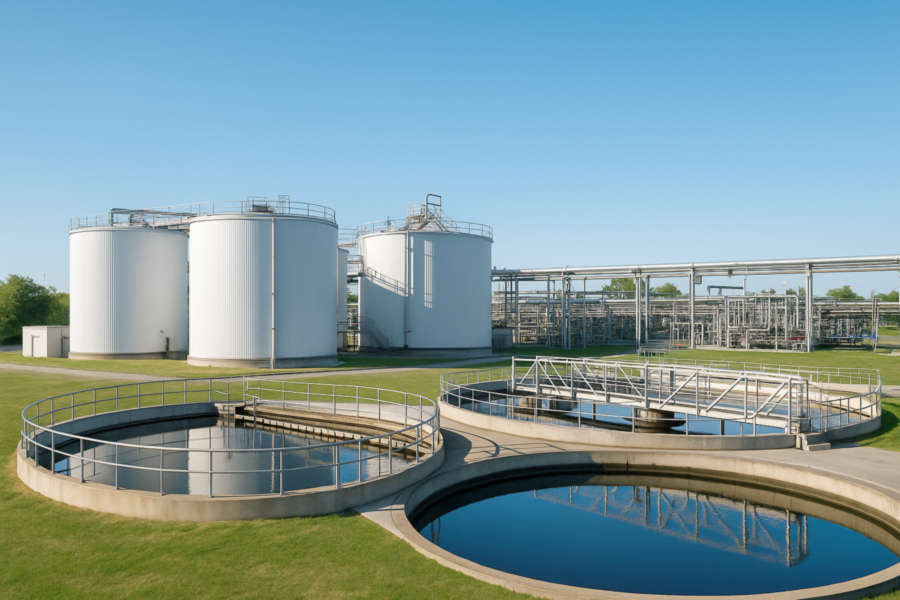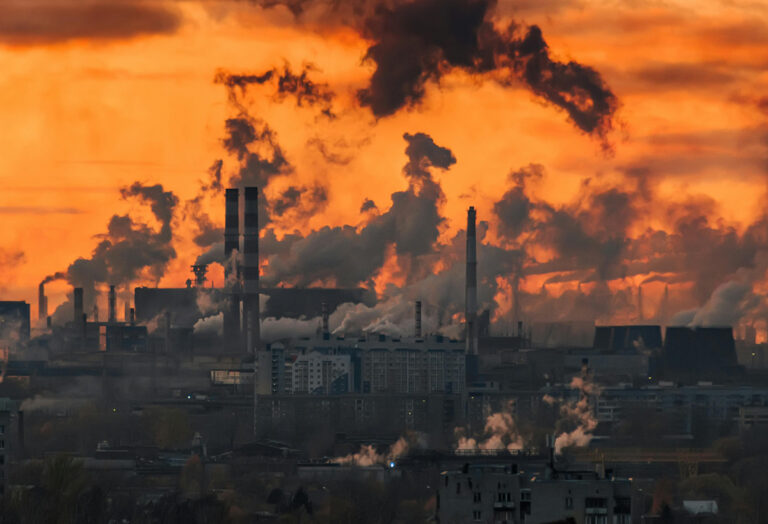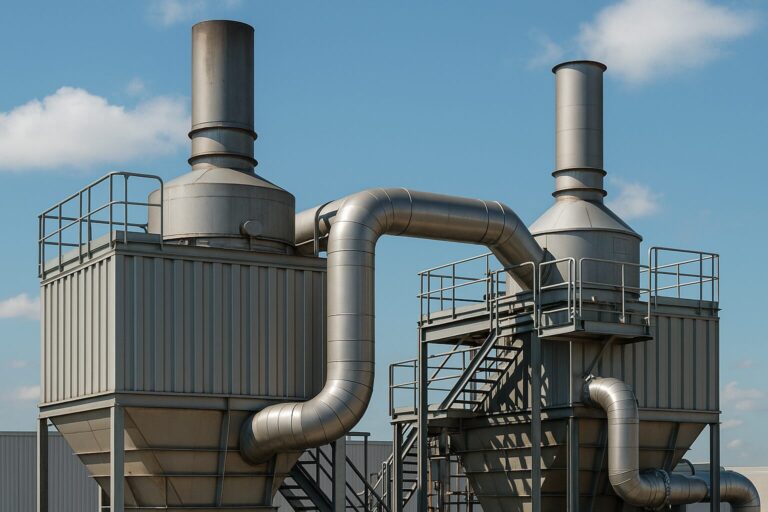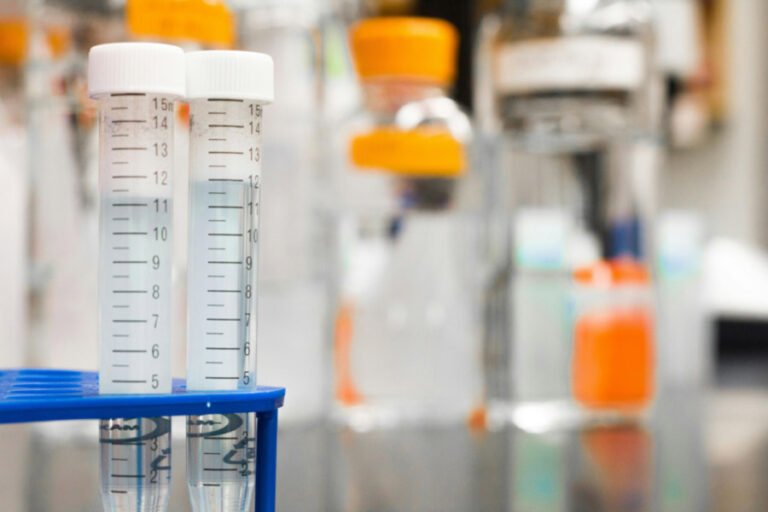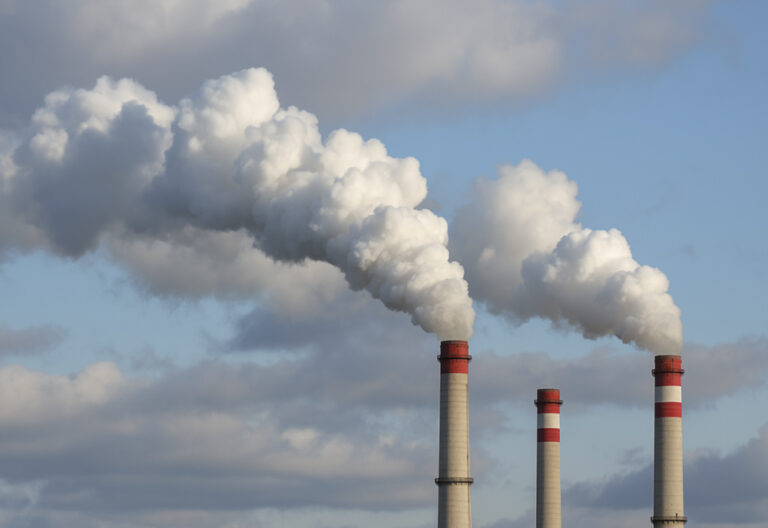Strategic Wastewater Treatment for Sustainable Chemical Operations
Chemical industry wastewater treatment is a key enabler of sustainable chemical operations. Efficient management of wastewater supports environmental compliance, resource optimization, and long-term operational excellence. As discharge regulations tighten and ESG expectations rise, chemical plants must implement integrated strategies to reduce both wastewater volume and pollutant load.
Why Wastewater Management Is Critical in Chemical Manufacturing
Chemical manufacturing relies heavily on complex compounds, hazardous substances, and high volumes of process water. Without effective chemical industry wastewater treatment, poor handling practices can lead to environmental harm, regulatory penalties, and reputational damage. Modern water management transforms this challenge into an opportunity—enhancing resource efficiency while aligning with corporate sustainability goals.
Process Optimization: Reducing Water Use at the Source
The first step to reducing wastewater is process improvement. Key actions include:
- Upgrading dosing and reaction control systems
- Refining cleaning-in-place (CIP) protocols
- Substituting materials for less water-intensive or more environmentally friendly alternatives
Even minor adjustments can lead to measurable reductions in effluent volumes and pollutant concentrations.
Water Reuse in the Chemical Industry: Closing the Loop
Implementing water reuse strategies enables plants to reclaim treated water for:
- Cooling tower operations
- Boiler feed systems
- Equipment cleaning
This reduces both water intake and discharge volumes. In batch processing environments, water reuse also helps stabilize flow rates and simplify treatment demands.
Advanced Wastewater Treatment: Targeting Complex Pollutants
Chemical industry effluents may contain:
- Organic solvents
- Surfactants
- Heavy metals
- Toxic compounds
To address these, advanced technologies such as membrane filtration (UF, NF, RO), advanced oxidation processes (AOPs), and selective ion exchange are deployed. These methods can target specific contaminants while recovering valuable by-products. For a deeper technical overview, refer to ScienceDirect’s section on membrane filtration in wastewater treatment.
Source Segregation: Custom Treatment for Mixed Wastewater Streams
Segregating high-load effluents from cleaner wastewater allows facilities to:
- Apply tailored treatment strategies
- Avoid overloading centralized systems
- Improve efficiency and increase reuse potential
This is particularly beneficial in multi-product or batch-based chemical plants with fluctuating waste profiles.
Water Audits: Uncovering Hidden Opportunities
Comprehensive water audits are a critical tool in chemical industry wastewater treatment programs. These audits include:
- Mapping water usage and effluent flows
- Identifying high-consumption and high-contaminant processes
- Pinpointing reuse opportunities
Often, audits reveal quick wins like wash water recovery or CIP optimization—improvements that require minimal investment.
Digital Monitoring and Smart Water Control
Real-time monitoring tools integrated into SCADA or AI platforms provide actionable data on flow, composition, and discharge quality. Benefits include:
- Early detection of anomalies
- Automated adjustments to treatment systems
- Predictive maintenance and long-term trend analysis
This supports both compliance and operational agility.
Improving Safety and Minimizing Environmental Risk
Effective treatment reduces exposure to harmful substances such as:
- Volatile organic compounds (VOCs)
- Corrosive agents
- Residual toxics
This leads to safer working environments and minimizes handling of hazardous substances during disposal.
Wastewater Reduction as an ESG Investment
Reducing wastewater and pollutant loads supports:
- Regulatory compliance
- Improved corporate image
- Access to green certifications and sustainability funding
- Attraction of ESG-conscious investors
A recent report by the World Economic Forum and Oliver Wyman outlines five priority actions for the chemical industry to reduce its environmental impact and unlock over $320 billion in annual business opportunities by 2030. Read the full report here.
Partnering with Experts in Chemical Wastewater Solutions
At a time when chemical manufacturers must balance innovation, cost-efficiency, and environmental responsibility, chemical industry wastewater treatment has become a strategic asset.
This approach not only strengthens regulatory compliance but also positions the chemical sector as a proactive leader in sustainable industrial transformation.
Learn how WIZZUM supports chemical industry wastewater treatment efforts by helping manufacturers achieve operational efficiency and long-term environmental resilience.
→ Visit our Key Services page or Contact us today for a personalized consultation.

